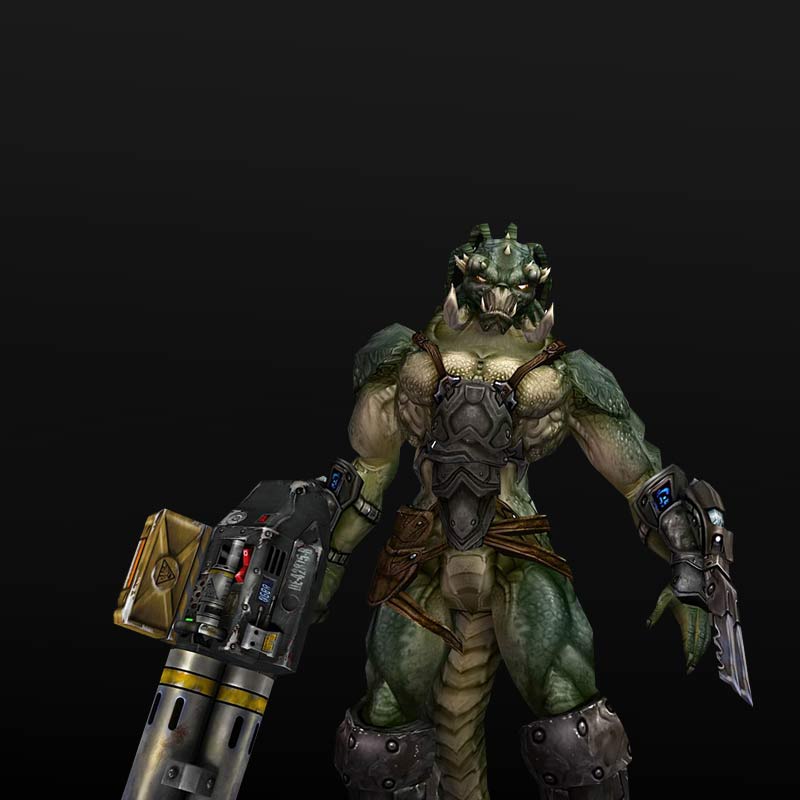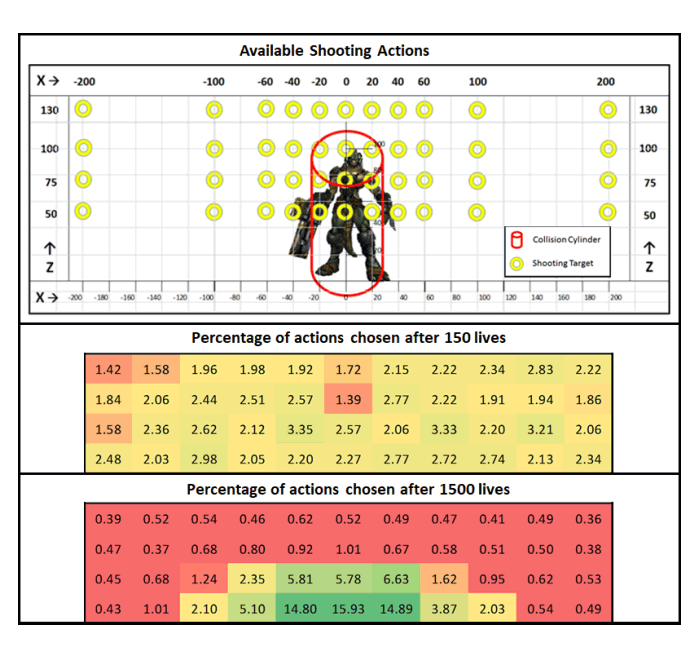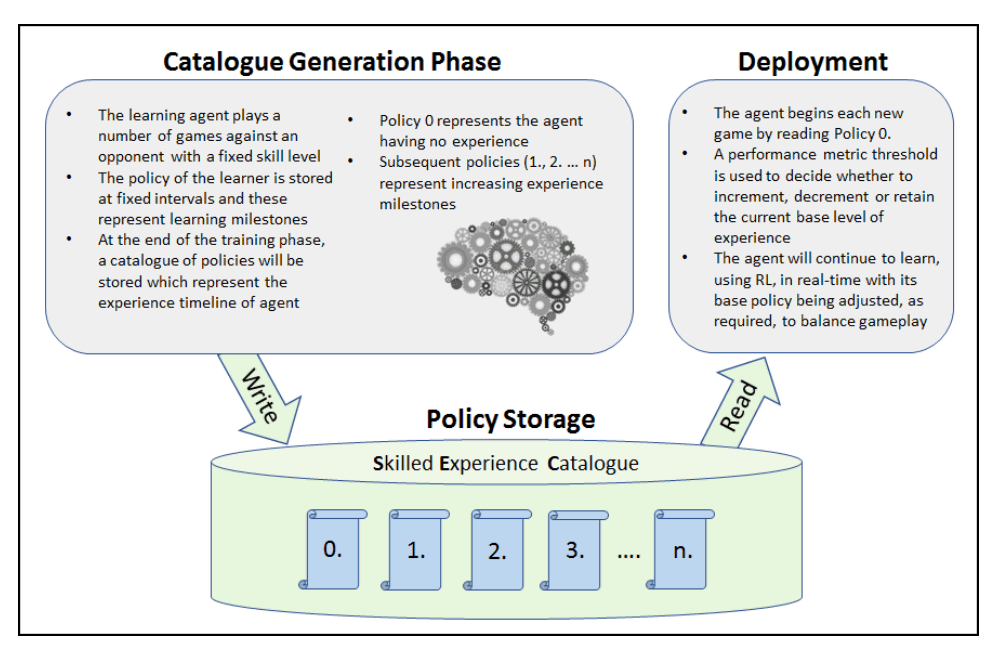
Traditionally, AI in video games isn't an Artificial Intelligence, but only scripted programming that tell bots how to act.
This makes the so-called AI able to "cheat" their way to beat the player, by having an unfair advantage because it has access to the game's code. It may have supernatural abilities, for example, which all are made programmed to in various difficulty levels, or make progressing the game harder.
Two researchers at the National University of Ireland Galway’s computer science department want to change this, by using real AI so it can't cheat.
To do this, the AI plays a first-person shooter game without any access to the game's code. What this means, the "AI" would play just like a human player. Here, the AI learns how to aim and shoot through practice and failure.
This way, the AI bot in the video game needs to adapt to the human skill level.

According to the team's white papers:
Humans need to adapt when doing something new, and that includes when playing a new game. Over time, the human will learn what needs to be done to beat the game.
In the gaming industry, it has become a challenge to design a game that meets all human players' skill levels, all that by keeping the players within the parameter of the game. To create the AI, the researchers need to make the AI solve this issue by itself.
Related: Unity's Machine Learning Agents Want To Change The Perception About "AI" In Games

To train the AI, the researchers pitted it against humans, bots, and other AIs, and made it play thousands of 30 minute one-on-one matches in the Unreal Tournament 2004 environment. The researchers' focus was to teach the AI to aim and shoot using a trial-and-error method.
At the very beginning, the AI performs just like normal humans when playing a new game they have no prior knowledge of: the AI plays horribly.
But this is where the researchers were able to develop the AI's skill-balancing mechanism for the adversarial non-player characters (NPCs). With time, the AI learns its own Skilled Experience Catalog (SEC) eventually.
As the training continues over hundreds of matches, the AI becomes more and more proficient with the aiming and shooting mechanisms, up to a point where it can match the skills of the most difficult "programmed" bots or expert human players.
The SEC evaluates the AI's overall skills, as well as providing benchmarks which the AI can select. What this means, the AI can choose its own skill level, relative to the player's.
The AI is far from perfect, as there are game behaviors it needs to understand. But still, this is an advancement of creating a "true AI" in games.
Related: Scientists Are Teaching Artificial Intelligence To Kill Each Other In A Deathmatch
